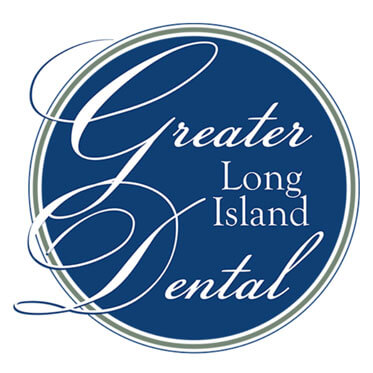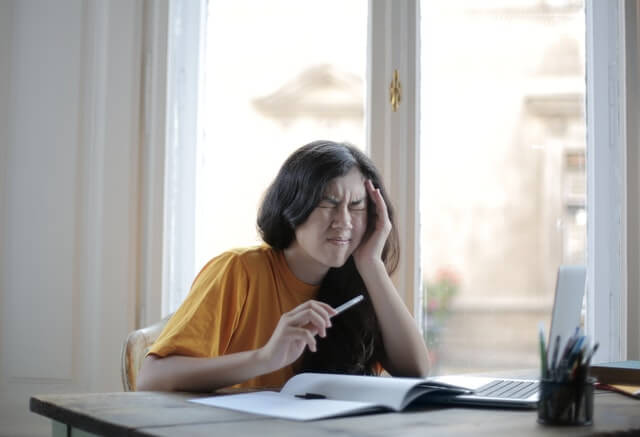Every day, many adults wake up with jaw pain, headaches, and/or the feeling of not having rested enough. A significant part of them suffers from tooth grinding (also known as bruxism) without even knowing it. If this sounds familiar, keep reading!
Bruxism is getting more and more common, currently affecting about 10% of adults in the US. This condition occurs when you rub your teeth together, often without noticing. Most patients with bruxism grind their teeth while they sleep, but some of them do so during the day.
Why am I grinding my teeth?
It’s well known that our mental health is deeply connected to our physical health. Psychological factors like anxiety, stress, and poor quality of sleep often manifest in the body in various ways, including bruxism. People with high levels of stress tend to grind their teeth more frequently, which often leads to other health issues.
That said, these aren’t the only causes of teeth grinding. Other causes include:
- Misaligned teeth
- Use of certain medications
- Smoking
- Drinking alcoholic beverages
- Consuming caffeinated drinks
- Genetics
- Sleep apnea
- Parkinson’s disease
- Gastric reflux
Tooth grinding and stress
You may be subconsciously clenching your jaw muscles and grinding your teeth together in response to stress and anxiety. Without even noticing it, this simple action adds a considerable amount of pressure to your teeth. Over time, it can have a significant effect on your overall health, leading to other issues, like:
- Broken, chipped, or cracked teeth
- Damaged enamel (which protects your teeth from tooth decay)
- Gum recession
- Tension headaches
- TMJ
Other possible cause
Sleep apnea is one of the most frequent sleep disorders in the world. It occurs when your breathing slows or stops completely while you sleep, causing you to wake up several times each night. Although stress doesn’t cause sleep apnea, it can worsen it.
Many patients with sleep apnea don’t know that they have this disorder. They just notice they wake up very tired in the morning. They might notice other symptoms too, like dry mouth and bruxism.
When you stop breathing, your brain sends signals to your mouth to grind your teeth to keep the airway open. With time, bruxism signs appear in your teeth, making them look flattened, worn, or cracked. That’s why many patients find out they have sleep apnea after a routine dental checkup.
Just because you have bruxism doesn’t imply that you have sleep apnea, but it could be a symptom of it. If you do have sleep apnea, our team at Greater Long Island can help you improve the quality of your sleep.
Can a mouthguard help me with my bruxism?
If you suffer from bruxism, the right treatment for you will depend on what’s causing it. If it’s caused by sleep apnea, addressing this problem will likely stop you from grinding your teeth. If stress and anxiety are the reasons behind your bruxism, stress management therapies might help. You may also benefit from using a mouthguard.
Mouthguards are very helpful in preventing teeth grinding. However, over-the-counter mouthguards often worsen the problem, since they are usually made of soft plastic, which doesn’t fit well and actually encourages more grinding.
Custom mouthguards are designed to perfectly fit the mouth of each patient, making them more effective, comfortable, and long-lasting. If you are interested in getting a custom mouthguard, our team can help!
How to stop grinding your teeth
If you think you may be suffering from bruxism, the best you can do is talk to your dentist. They will examine your mouth and find out if there are any signs of grinding, like worn enamel and flattened teeth. If your dentist diagnoses you with bruxism, they will work with you to determine the best possible solution, so you can enjoy a healthy mouth. They may recommend some lifestyle changes too, like reducing caffeine intake and not smoking.
If you are in Massapequa and want to receive help from our experienced and caring team, you can book an appointment online or call (516) 798-4223. We’d love to help you take the best care of your health!



